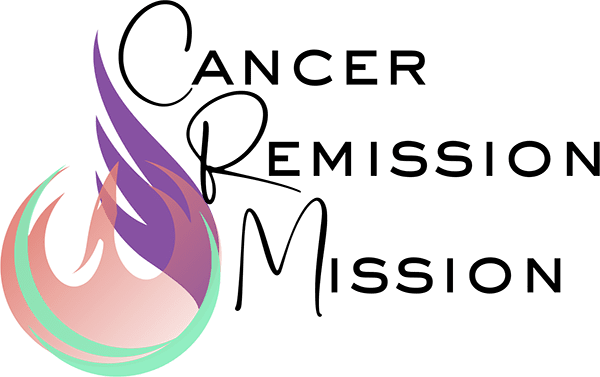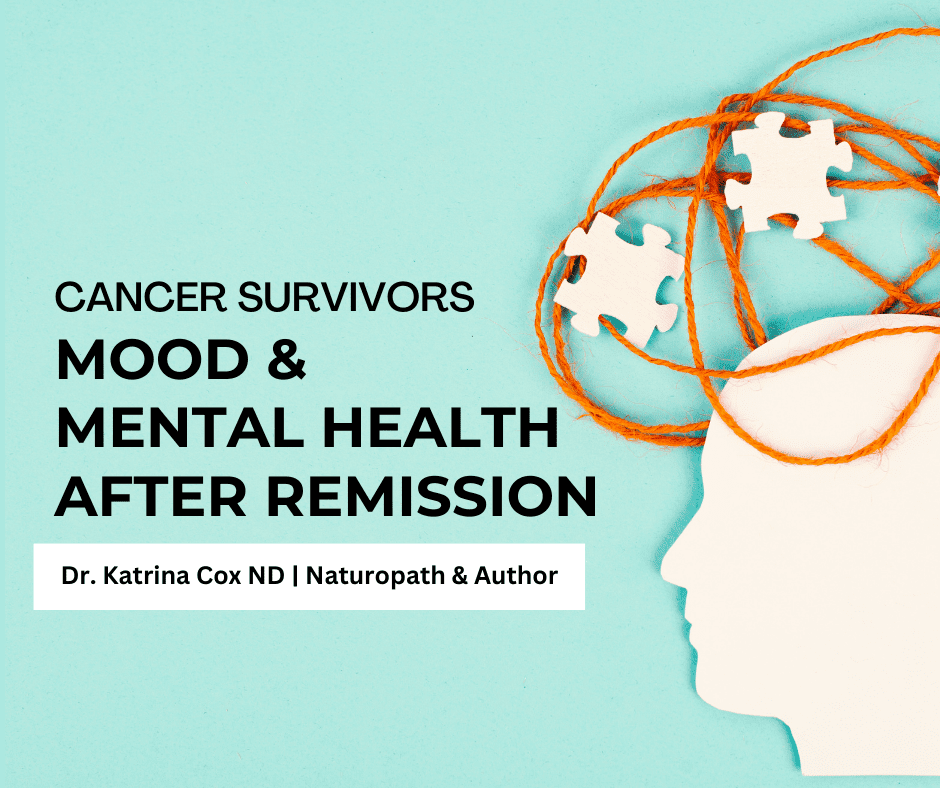January is Mental Health Awareness Month. For cancer survivors, mental health can be a very common challenge, even though it may not always be at the forefront of health issues for those in cancer survivorship. A five-year study in Korea, published in 2017, took place with over seven thousand cancer survivor families participating. Standardized charts were used to see how many long-term cancer survivors and family members were affected by depression compared to families not affected by cancer. The results showed that almost thirty percent (30%) of long-term cancer survivors as well as twenty-seven percent (27%) of their family members suffered from depression symptoms compared to eight percent of the non-affected families. For perspective, that level of depression was also three times the national average in 2017, when the study was published.
In my clinic, I encounter many patients that are not aware that depression and anxiety is a common experience during the recovery process. Instead, they come to me looking for help with symptoms that people attribute to other reasons, but they really are connected to mental health.
Lack of energy is a perfect example of a symptom that can straddle between true physical causes and mental health. A lot of times when people are in recovery, they are told that their energy will return with time. What is being missed is that depression and anxiety may be contributing to their low energy and it can be really challenging for our body to try to find the energy and motivation in order to move forward. So, this is where it’s really critical to be mindful of both physical and mental/emotional causes of low energy. If physical treatments aren’t helping, then mental health has to be explored.
Lack of motivation can be another symptom of depression and anxiety, that can be masked in cancer remission. Survivors may be lacking motivation to take care of themselves with self-care activities, or they may even be lacking motivation to see practitioners to help them address these feelings. It is another symptom that can linger and yet, is not always not recognized as depression and anxiety for cancer survivors.
So, if you are suffering from any of these or want to learn more about how to manage depression and anxiety in cancer remission, check out our other posts this month (links) about mental health for cancer survivors and also check out our previous blog on how anxiety could be zapping your energy. Plus, my book, The Opportunity In Cancer, is also a great place to start to be able to understand your mental health and if it’s being affected by cancer recovery.




